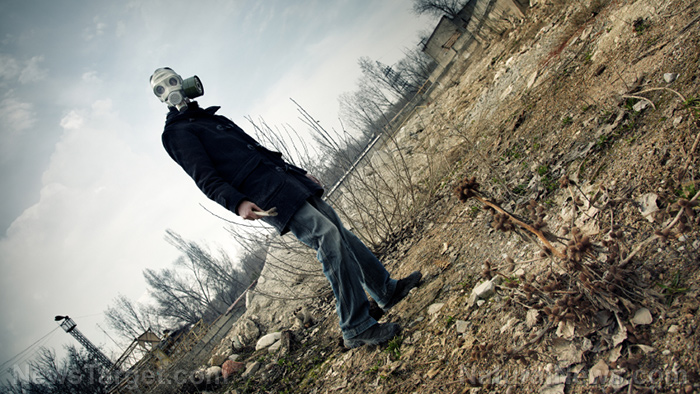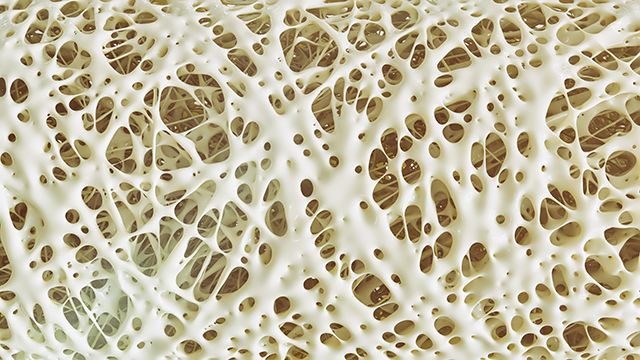PREPPING: What to do and NOT to do during chemical emergencies and industrial disasters
03/26/2024 / By Laura Harris

Medical preparedness advocate and emergency medicine expert Dr. Joseph Alton shares the following advice to prepare your family medically for any survival scenario. (h/t to Doom and Bloom)
As part of his mission to put a medically prepared person in every family, Alton explains that the response to chemical or industrial emergencies highly depends on the substances involved as each agent has a different effect on the human body.
Here is a short list of injuries from chemical agents that may result from industrial accidents, military stockpiling, war or a terrorist attack:
- Acids – Chemicals that burn or corrode people’s skin, eyes and mucus membranes or the lining of the lungs, mouth, nose and throat on contact, such as hydrochloric acid and sulfuric acid.
- Blister agents, also called “vesicants” – Chemicals that severely blister the eyes, respiratory tract and skin on contact, such as lewisite and mustards.
- Blood agents – Poisons that affect the blood by being absorbed by the blood, such as arsine and cyanide.
- Choking agents – Chemicals that cause irritation or swelling of the respiratory tract, such as chlorine, diphosgene and phosgene.
- Incapacitating agents – Drugs that cause an altered mental state or unconsciousness, such as anticholinergic compounds (benztropine, dicyclomine, hyoscyamine and scopolamine. Modern volatile anesthetics, considered sleeping gases are BZ, fentanyl, halothane vapor, methyl propyl ether and methoxyflurane.
- Long-acting anticoagulants – Poisons that prevent blood from clotting properly, leading to hemorrhage, such as super warfarin.
- Metals – Agents that consist of metallic poisons, such as arsenic, cadmium, lead and mercury.
- Nerve agents – Chemicals that work by preventing the nervous system from working properly, such as cyclohexylsarin, sarin, soman, tabun and VX.
- Organic solvents – Agents that damage the tissues of living things by dissolving fats and oils, such as n-hexane, tetrachloroethylene and toluene.
- Riot control agents, also called lacrimating agents – Highly irritating agents such as tear gas and pepper spray.
- Toxic alcohols – Poisonous chemicals that damage the heart, kidneys and nervous system. Essentially, there are two toxins in alcohol that the body needs to work hard to eliminate – acetaldehyde and acetic acid.
- Vomiting agents – Chemicals that cause nausea and vomiting, such as adamsite, diphenylchlorarsine, diphenylcyanoarsine and diphenylaminechlorarsine.
Depending on the chemical agent, the type and amount or concentration of exposure, the effects may be immediate or delayed. This also doesn’t take into account long-term effects of exposure, such as possible cancers and debilitating health conditions.
People can be exposed to these agents via one or more of three routes: The eyes, respiratory tract and skin. Even a slight breeze can blow a nerve agent vapor, for example. The effects of vapor are enhanced when exposed to a closed space.
Evacuation
Common sense dictates evacuation as the wisest course of action – not only to prevent physical contact but also to avoid noxious fumes that may be carried by the winds. Monitor the advice of your local emergency department for specific events and do what you safely can to immediately get your family out of the danger zone.
Shelter in place
Some chemical emergencies could make going outdoors riskier and put you in harm’s way. Sheltering in a vehicle might not be ideal, as vehicles are not airtight enough to protect you from noxious fumes.
If you can’t evacuate, choose a room in your home with as few windows and doors as possible. A room with a water supply and a connecting bathroom is ideal. Some gases sink to the floor, so a room not on the ground floor is preferable.
Shut all outside doors and windows as soon as you are aware of the emergency. Locking and taping them will make a better seal against chemicals. Use damp towels, plastic sheeting from your garbage bags and duct tape to form better seals.
Turn off air conditioners, fans and heaters. Close off any vents and any place where air can enter from the outside.
Go into your designated safe room and shut the door. Stay updated with a radio or through the internet with a desktop, laptop or smartphone. If it is necessary to drink water, drink safely stored water and not water from the tap.
Decontamination
As many substances can penetrate clothing and be absorbed through the skin, remove and safely dispose of potentially contaminated clothing. Thoroughly wash your body with soap and water. The faster this is accomplished, the more effective the decontamination.
Avoid hot water and vigorous scrubbing, as these may worsen the effects by increasing chemical absorption into the skin.
Avoid pulling your contaminated clothes over your head. Cut it off instead. When removing clothing from others, make every effort to avoid touching contaminated areas with unprotected skin. Use rubber gloves, tongs or other methods to avoid skin contact. Place all contaminated items in biohazard bags and seal them.
To prevent serious eye damage, remove any contact lenses, if any, and rinse eyes with clean water for 10 to 15 minutes. Hold the eyelids away from the eyeball while moving your eyes in all directions. Wash eyeglasses, if any, with soap and water.
Health supplementation
Your medical emergency stockpile should include stable iodine supplements since they can be taken in response to possible nuclear power plant explosions to support your thyroid glands by keeping them from absorbing radioactive iodine. (Related: Protect your health and your thyroid with potassium iodide in case of a nuclear emergency or terrorism event.)
Watch this episode of the “Health Ranger Report” as Mike Adams, the Health Ranger, interviews environmentalist David Steinman regarding the toxic chemicals in the environment, food and water that are impacting your health.
This video is from the Health Ranger Report channel on Brighteon.com.
More related stories:
In preparation for nuclear war, Romania issues potassium iodide pills to citizens.
Canadian government asked to distribute radiation pills to residents living near nuclear facilities.
Sources include:
Submit a correction >>
Tagged Under:
chemical emergencies, chemicals, decontamination, disasters, emergencies, environment, evacuation, iodine, preparedness, prepping, shelter-in-place, supplementation, survival, terrorism, toxic chemicals, toxins
This article may contain statements that reflect the opinion of the author
RECENT NEWS & ARTICLES
COPYRIGHT © 2017 POISON NEWS




















